Back to Courses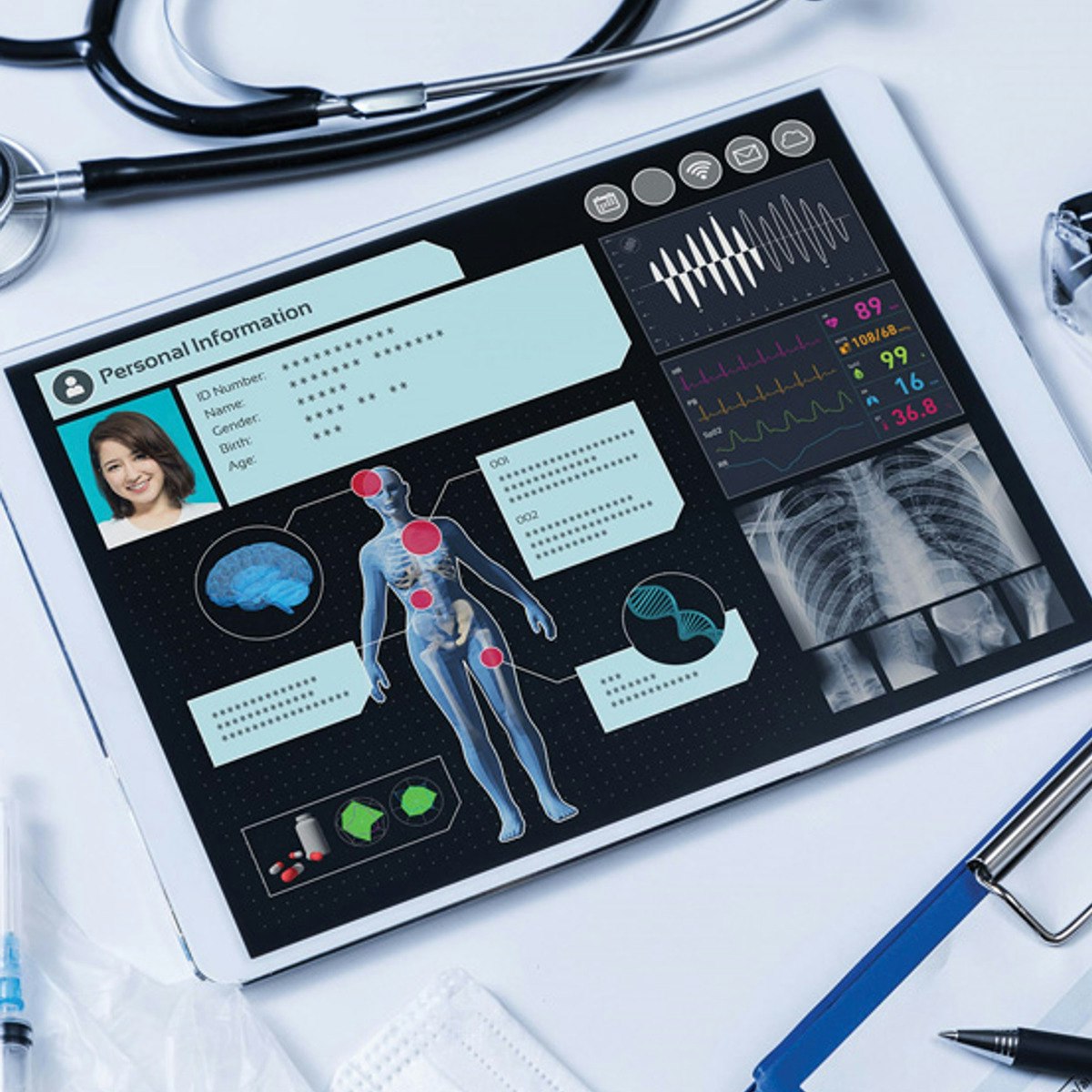

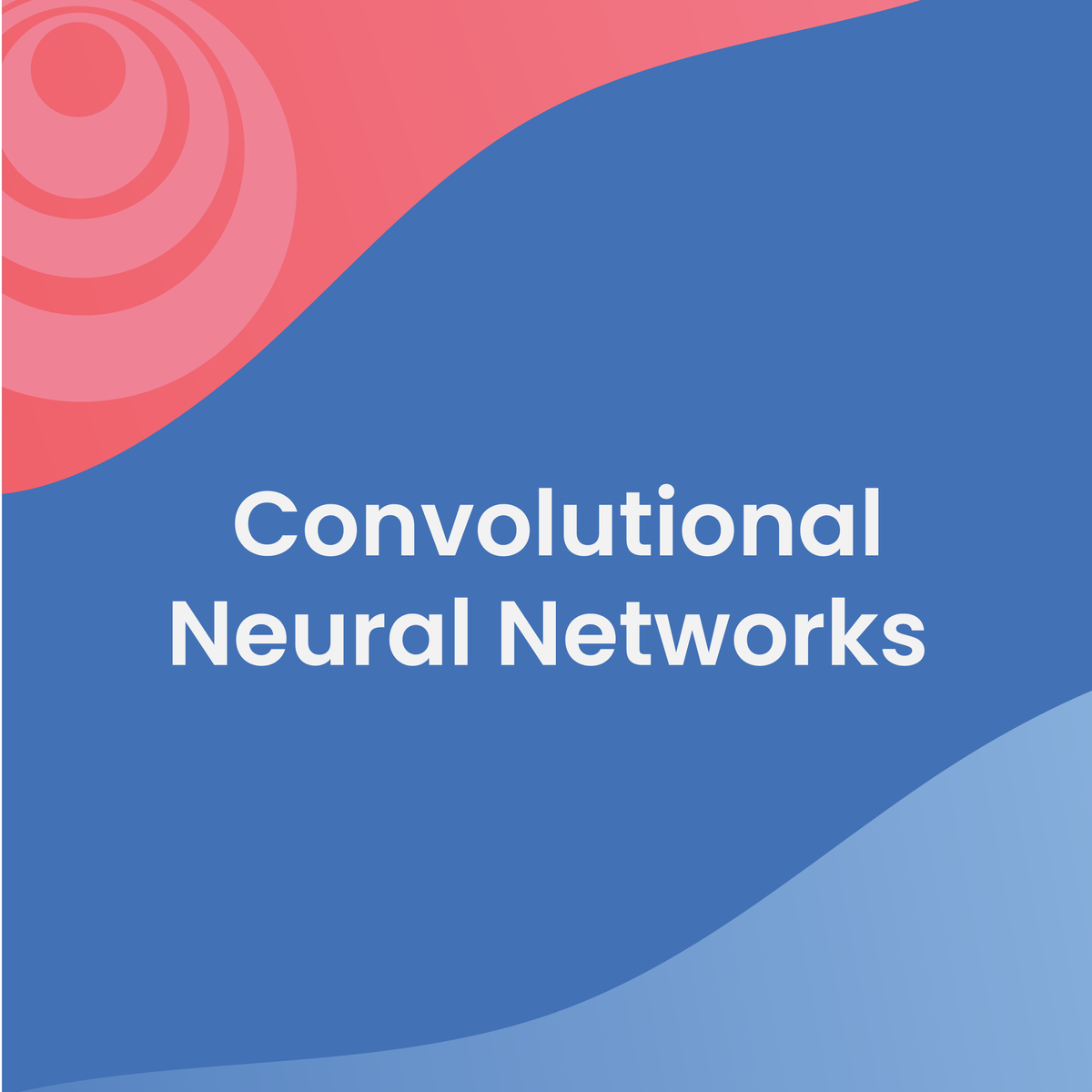
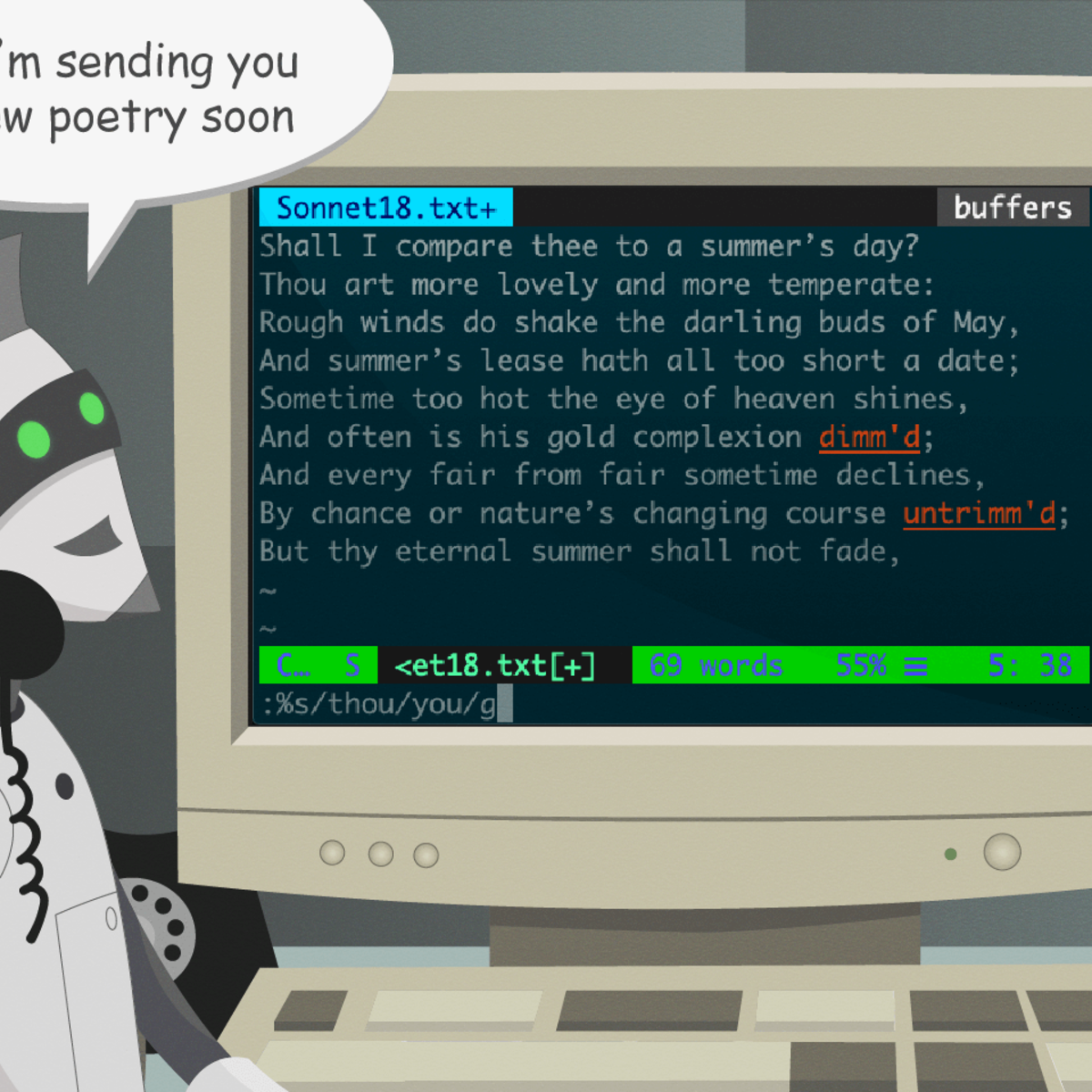
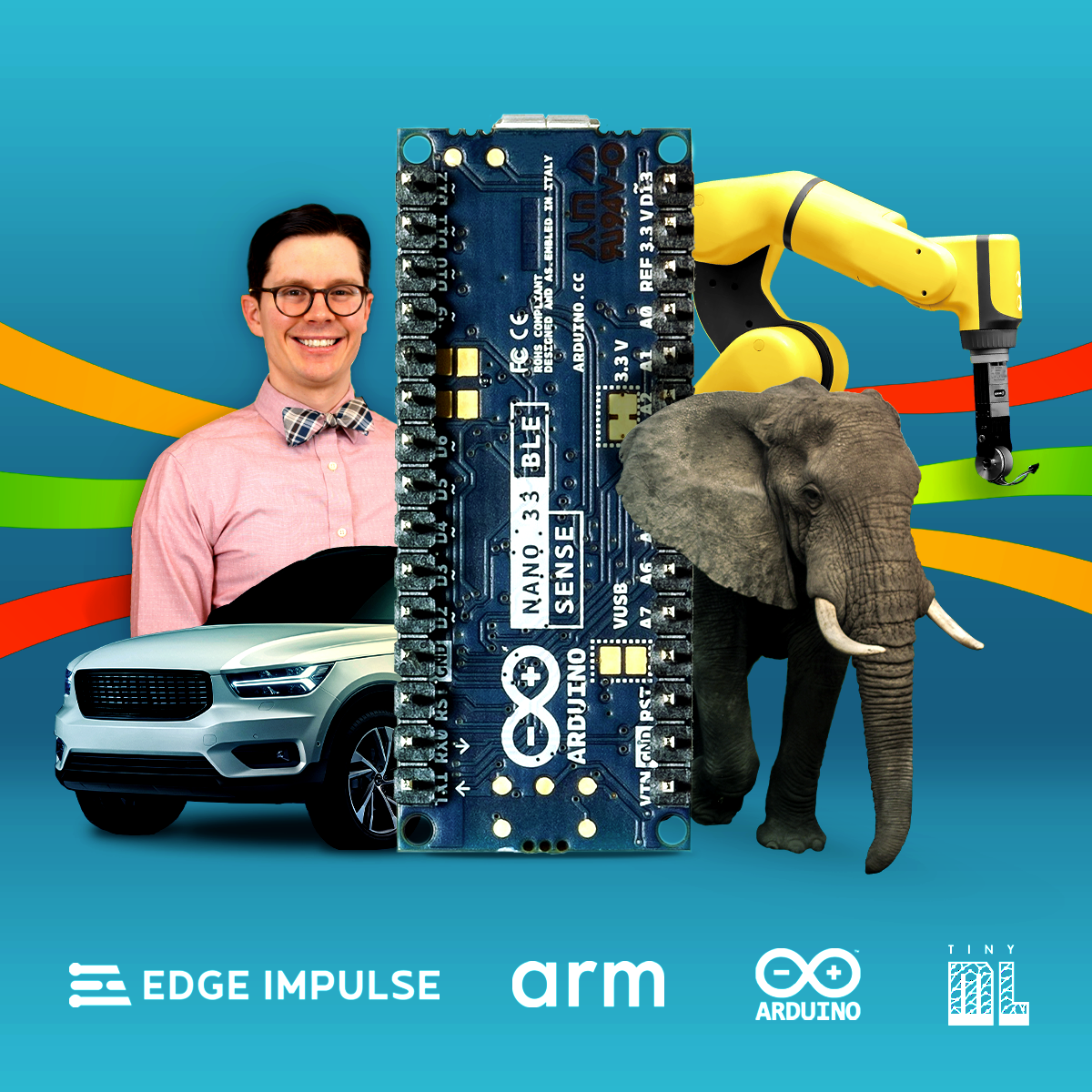



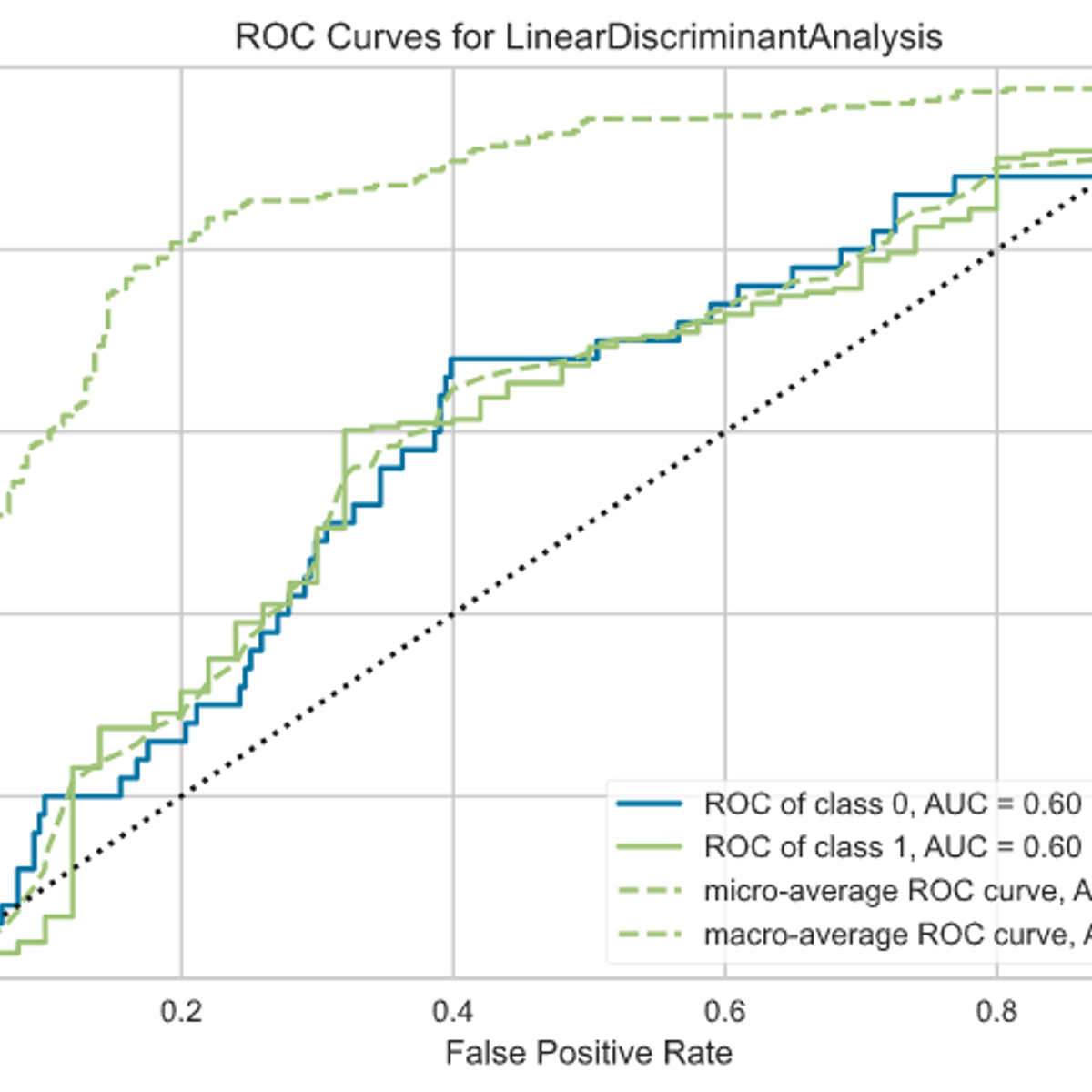

Machine Learning Courses - Page 30
Showing results 291-300 of 485
Explainable deep learning models for healthcare - CDSS 3
This course will introduce the concepts of interpretability and explainability in machine learning applications. The learner will understand the difference between global, local, model-agnostic and model-specific explanations. State-of-the-art explainability methods such as Permutation Feature Importance (PFI), Local Interpretable Model-agnostic Explanations (LIME) and SHapley Additive exPlanation (SHAP) are explained and applied in time-series classification. Subsequently, model-specific explanations such as Class-Activation Mapping (CAM) and Gradient-Weighted CAM are explained and implemented. The learners will understand axiomatic attributions and why they are important. Finally, attention mechanisms are going to be incorporated after Recurrent Layers and the attention weights will be visualised to produce local explanations of the model.

Neural Network from Scratch in TensorFlow
In this 2-hours long project-based course, you will learn how to implement a Neural Network model in TensorFlow using its core functionality (i.e. without the help of a high level API like Keras). You will also implement the gradient descent algorithm with the help of TensorFlow's automatic differentiation. While it’s easier to get started with TensorFlow with the Keras API, it’s still worth understanding how a slightly lower level implementation might work in tensorflow, and this project will give you a great starting point.
In order to be successful in this project, you should be familiar with python programming, TensorFlow basics, conceptual understanding of Neural Networks and gradient descent.
Note: This course works best for learners who are based in the North America region. We’re currently working on providing the same experience in other regions.

Convolutional Neural Networks
In the fourth course of the Deep Learning Specialization, you will understand how computer vision has evolved and become familiar with its exciting applications such as autonomous driving, face recognition, reading radiology images, and more.
By the end, you will be able to build a convolutional neural network, including recent variations such as residual networks; apply convolutional networks to visual detection and recognition tasks; and use neural style transfer to generate art and apply these algorithms to a variety of image, video, and other 2D or 3D data.
The Deep Learning Specialization is our foundational program that will help you understand the capabilities, challenges, and consequences of deep learning and prepare you to participate in the development of leading-edge AI technology. It provides a pathway for you to gain the knowledge and skills to apply machine learning to your work, level up your technical career, and take the definitive step in the world of AI.

Analyze Text Data with Yellowbrick
Welcome to this project-based course on Analyzing Text Data with Yellowbrick. Tasks such as assessing document similarity, topic modelling and other text mining endeavors are predicated on the notion of "closeness" or "similarity" between documents. In this course, we define various distance metrics (e.g. Euclidean, Hamming, Cosine, Manhattan, etc) and understand their merits and shortcomings as they relate to document similarity. We will apply these metrics on documents within a specific corpus and visualize our results. By the end of this course, you will be able to confidently use visual diagnostic tools from Yellowbrick to steer your machine learning workflow, vectorize text data using TF-IDF, and cluster documents using embedding techniques and appropriate metrics.
This course runs on Coursera's hands-on project platform called Rhyme. On Rhyme, you do projects in a hands-on manner in your browser. You will get instant access to pre-configured cloud desktops containing all of the software and data you need for the project. Everything is already set up directly in your internet browser so you can just focus on learning. For this project, you’ll get instant access to a cloud desktop with Python, Jupyter, Yellowbrick, and scikit-learn pre-installed.
Notes:
- You will be able to access the cloud desktop 5 times. However, you will be able to access instructions videos as many times as you want.
- This course works best for learners who are based in the North America region. We’re currently working on providing the same experience in other regions.

Introduction to Embedded Machine Learning
Machine learning (ML) allows us to teach computers to make predictions and decisions based on data and learn from experiences. In recent years, incredible optimizations have been made to machine learning algorithms, software frameworks, and embedded hardware. Thanks to this, running deep neural networks and other complex machine learning algorithms is possible on low-power devices like microcontrollers.
This course will give you a broad overview of how machine learning works, how to train neural networks, and how to deploy those networks to microcontrollers, which is known as embedded machine learning or TinyML. You do not need any prior machine learning knowledge to take this course. Familiarity with Arduino and microcontrollers is advised to understand some topics as well as to tackle the projects. Some math (reading plots, arithmetic, algebra) is also required for quizzes and projects.
We will cover the concepts and vocabulary necessary to understand the fundamentals of machine learning as well as provide demonstrations and projects to give you hands-on experience.

Predicting House Prices with Regression using TensorFlow
In this 2-hour long project-based course, you will learn the basics of using Keras with TensorFlow as its backend and you will learn to use it to solve a basic regression problem. By the end of this project, you will have created, trained, and evaluated a neural network model that, after the training, will be able to predict house prices with a high degree of accuracy.
Notes:
- This course works best for learners who are based in the North America region. We’re currently working on providing the same experience in other regions.

Graduate Admission Prediction with Pyspark ML
In this 1 hour long project-based course, you will learn to build a linear regression model using Pyspark ML to predict students' admission at the university. We will use the graduate admission 2 data set from Kaggle. Our goal is to use a Simple Linear Regression Machine Learning Algorithm from the Pyspark Machine learning library to predict the chances of getting admission. We will be carrying out the entire project on the Google Colab environment with the installation of Pyspark. You will need a free Gmail account to complete this project. Please be aware of the fact that the dataset and the model in this project, can not be used in the real-life. We are only using this data for the learning purposes.
By the end of this project, you will be able to build the linear regression model using Pyspark ML to predict admission chances.You will also be able to setup and work with Pyspark on the Google Colab environment. Additionally, you will also be able to clean and prepare data for analysis.
You should be familiar with the Python Programming language and you should have a theoretical understanding of Linear Regression algorithm.
Note: This course works best for learners who are based in the North America region. We’re currently working on providing the same experience in other regions.

Machine Learning Algorithms with R in Business Analytics
One of the most exciting aspects of business analytics is finding patterns in the data using machine learning algorithms. In this course you will gain a conceptual foundation for why machine learning algorithms are so important and how the resulting models from those algorithms are used to find actionable insight related to business problems. Some algorithms are used for predicting numeric outcomes, while others are used for predicting the classification of an outcome. Other algorithms are used for creating meaningful groups from a rich set of data. Upon completion of this course, you will be able to describe when each algorithm should be used. You will also be given the opportunity to use R and RStudio to run these algorithms and communicate the results using R notebooks.

Build a Classification Model using PyCaret
In this 1-hour long project-based course, you will create an end-to-end classification model using PyCaret a low-code Python open-source Machine Learning library.
The goal is to build a model that can accurately predict whether a teacher's project proposal was accepted, based on the data they provided in their application.
You will learn how to automate the major steps for building, evaluating, comparing and interpreting Machine Learning Models for classification.
Here are the main steps you will go through: frame the problem, get and prepare the data, discover and visualize the data, create the transformation pipeline, build, evaluate, interpret and deploy the model.
This guided project is for seasoned Data Scientists who want to build a accelerate the efficiency in building POC and experiments by using a low-code library. It is also for Citizen data Scientists (professionals working with data) by using the low-code library PyCaret to add machine learning models to the analytics toolkit
In order to be successful in this project, you should be familiar with Python and the basic concepts on Machine Learning
Note: This course works best for learners who are based in the North America region. We’re currently working on providing the same experience in other regions.

Solving ML Regression Problems with AWS AutoGluon
Hello everyone and welcome to this new hands-on project on Machine Learning Regression with Amazon Web Services (AWS) AutoGluon.
In this project, we will train several regression models using a super powerful library known as AutoGluon. AutoGluon is the library behind AWS SageMaker autopilot and it allows for quick prototyping of several powerful models using a few lines of code.
Popular Internships and Jobs by Categories
Browse
© 2024 BoostGrad | All rights reserved


